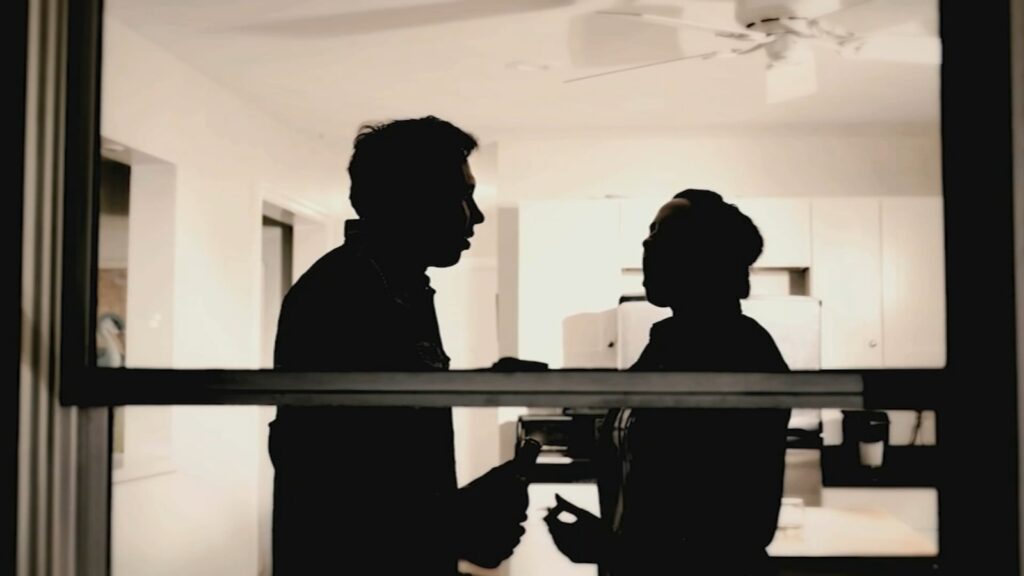

RALEIGH, N.C. (WTVD) — Rent in Wake County has increased by more than 50 percent in the past five years, and the rising cost of living could pose another barrier for people trying to escape domestic violence.
When talking about domestic violence, the economic abuse element of the problem is rarely mentioned, but Cheryl Cromedi of InterAct says economic abuse is present in almost all domestic violence situations and is often used as a means of control.
“This may look like not allowing them to work, so they have to constantly rely on their abuser for money and resources to do simple things like buy groceries in order to be the breadwinner for their family,” she said.
Cromedi, who works as the housing director for a domestic violence support center, said financial abuse can make it hard for victims to start saving money and ultimately find a way out.
“They don’t know where their savings account is, they don’t know who is paying off their mortgage or who the lender is for that mortgage account,” Cromedi said. “So when they have to pay it off, they don’t know where to start.”
Add in employment gaps and credit issues, and you might feel overwhelmed.
SEE ALSO: Garner family ‘frustrated’ after moving into new home without water for more than 48 hours
“In that case, a lot of clients will leave, but they become afraid to quit because they’re worried about how they’ll manage — not just the clients, but if they have kids, how are they going to help look after them?” Cromedi explained.
That’s where InterAct comes in. The organization finds landlords willing to work with clients and covers some of the upfront costs if they face financial barriers, such as a lack of savings or poor credit.
“If that means paying double the security deposit, then you can do that,” Cromedi said. “You can pay the first month’s rent to get in. You can also pay the application fee, because the application fee can be $200.”
InterAct also offers rent assistance for the first few months and guidance on financial literacy and budgeting, and Cromedi says she wants people considering leaving to know there is hope and a way out.
“It can be done, and the first step you can take is to reach out to interact and call our crisis line,” she said.
For more information about these services, please visit our website or call Crisis Services at (919) 828-7740.
Copyright © 2024 WTVD-TV. All rights reserved.
Tara Thomas Agency stands at the forefront of the entertainment industry, with years of experience dedicated to nurturing the most exceptional talents and successful acts.